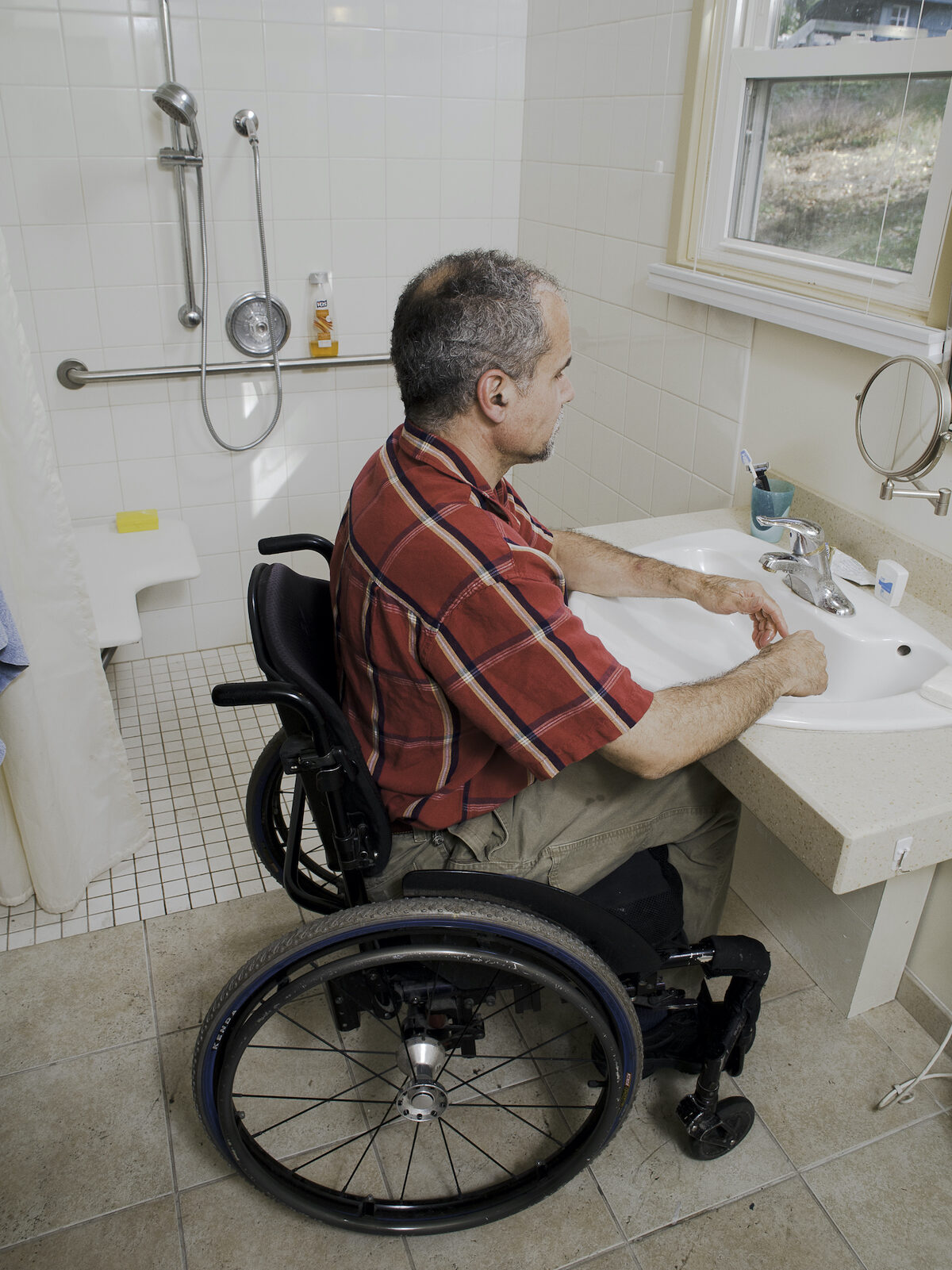
2023 Income and Resource Limits for Medicaid (Medical Assistance), MAWD, and home and Community-Based Waiver programs. Click here for more information.
Durable Medical Equipment (DME) is a medical term. A device may be considered DME and be covered by an insurance policy if:
Medical Assistance (also called Medicaid) is a health insurance program for eligible persons who are low-income and children under 21 with serious disabilities regardless of parental income. People who receive Supplemental Security Income (SSI) can usually get Medical Assistance automatically. If you have questions, contact your local county assistance office.
Medicare is a federal health insurance program for individuals 65 and older that pays for a variety of healthcare expenses. If you are younger than 65 and have a permanent disability or a medical condition, you may also be eligible for Medicare benefits.
Most U.S. citizens and permanent residents earn the right to enroll in Medicare by working and paying their taxes for a minimum required period. However, even if you haven’t worked long enough to be entitled to Medicare benefits, you may still be eligible to enroll, but you might have to pay more. For more information, visit http://www.ssa.gov/medicare or call Social Security at 800-772-1213.
Home and Community-Based Services waiver programs are provided by the state and fund a variety of in-home and community services and supports for people with disabilities and older adults, including assistive technology and home and vehicle modifications. For more information about waivers for older adults, adults with physical disabilities, and adults with traumatic brain injury, visit https://www.dhs.pa.gov/Services/Disabilities-Aging/Pages/Long-Term-Care-Services.aspx. For more information about waivers for children and adults with intellectual disabilities or autism, visit https://www.dhs.pa.gov/providers/Providers/Pages/Developmental-Programs.aspx.
Community HealthChoices is a waiver program for individuals over 21 years old with a disability who previously received services through the Independence, CommCare, or Aging Waivers. These individuals select or are enrolled in one of three managed care organizations that have contracts with the state. Services are obtained through service providers who have contracts with these managed care organizations. Services include all of those formerly provided by waivers for older adults and adults with physical disabilities or traumatic brain injury. For more information about Community HealthChoices, visit http://www.healthchoices.pa.gov/info/about/community/.
To be eligible for waiver services there are two requirements:
Medical Assistance for Workers with Disabilities (MAWD) is a category of Medical Assistance with higher income and asset limits than regular Medical Assistance or Home and Community-Based Services waivers. The income limit depends on how much of an individual’s income is from employment versus Social Security or other unearned income. The asset limit is $10,000. To qualify, the individual must have a significant disability or medical condition and must also be employed. Employment consists of being paid for work by a company, business, or other individual, or self-employment. There is no minimum number of hours an individual must work to qualify for MAWD. However, the individual must provide written proof of employment. A person who qualifies for MAWD gets full Medical Assistance coverage, and if they meet functional eligibility requirements for a waiver (see above), they are also considered to meet the financial eligibility requirements, even if their income and assets are above the regular limits for the waiver. Learn more about MAWD.
Workers with Job Success (WJS) is a new program that expands Medical Assistance for Workers with Disabilities (MAWD). It allows people with disabilities who work to earn and save more money without jeopardizing their Medical Assistance (MA) benefits. WJS was crested through Act 69 of 2021 and officially started April 1, 2023. For more information onMAWD eligibility and the WJS program, the Pennsylvania Health Law Project has created several resources. Click the links below to access the documents:
Information Referral Tool (IRT) will help you identify long term services and supports (waivers) that may be beneficial to you based on your specific needs. Use the Information Referral Tool online or call the PA LINK Call Center for help at 800-753-8827.
For additional information about waivers, go to Pennsylvania Health Law Project’s website or call them at 800-274-8827.